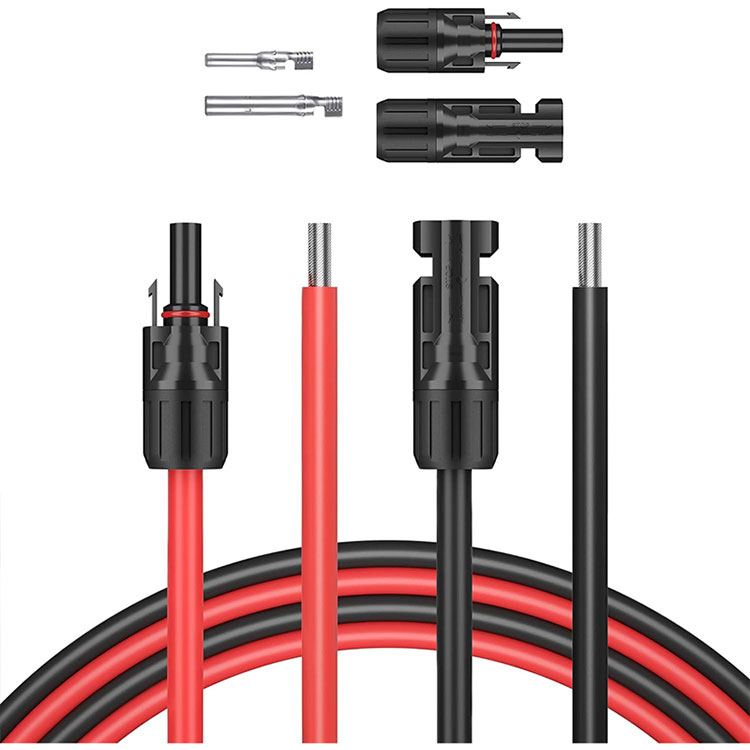How To Ensure Your Solar Cable Is NEC Compliant
2025-09-29
When you invest in solar, safety and code compliance aren't just checkboxes—they are non-negotiable. The National Electrical Code (NEC) sets the standard for safe electrical installation, and your choice of Solar Cable is a critical factor. Using a non-compliant cable can lead to system failures, voided warranties, and serious safety hazards.
What NEC Requirements Must Your Solar Cable Meet
Your Solar Cable must be specifically designed for solar applications. Key NEC requirements include:
-
UL 4703 Listing: This is the standard for Photovoltaic Wire. It ensures the cable is rated for sunlight resistance, wet conditions, and high DC voltage.
-
Temperature Rating: It must withstand high temperatures on rooftops, typically rated for 90°C in wet conditions and 150°C in dry conditions.
-
Fire Resistance: Cables should be rated for flame retardancy to prevent the spread of fire.
Here is a quick reference for compliant Solar Cable specifications:
| Feature | NEC-Compliant Requirement | PAIDU Solar Cable Specification |
|---|---|---|
| Listing Standard | UL 4703 | Fully Certified to UL 4703 |
| Conductor | Tinned Copper | 99.99% Tinned Copper |
| Temperature Rating (Wet/Dry) | 90°C / 150°C | 90°C / 150°C |
| Voltage Rating | Minimum 1.8kV DC | 1.8kV DC |
Not all cables are created equal. The PAIDU Solar Cable is engineered to not only meet but exceed these NEC standards, providing a secure foundation for your entire solar array.
Solar Cable FAQ
Can I use THHN wire for my solar panels instead of a listed PV wire
No. Standard THHN wire is for general-purpose, indoor AC applications. It lacks the sunlight resistance and specific DC voltage ratings required by the NEC for outdoor solar use. Using it is a code violation and a safety risk.
What does the "-2" suffix mean in PV wire markings
The "-2" suffix indicates the cable is rated for 90°C in wet conditions and 150°C in dry conditions. This dual rating is a key NEC requirement for Solar Cable durability and safety in all weather environments.
How do I verify my solar cable is NEC-compliant
Always look for the printed markings on the cable jacket. It should clearly state "PV WIRE," the UL 4703 listing, the voltage rating, and the temperature ratings. Our PAIDU cables have these markings prominently displayed for easy verification by installers and inspectors.
Don't compromise on safety or risk a failed inspection. Ensure your system is built on a compliant and reliable foundation from the start.
Contact us today to request the UL certification documents for our PAIDU Solar Cables or to find a distributor near you.
